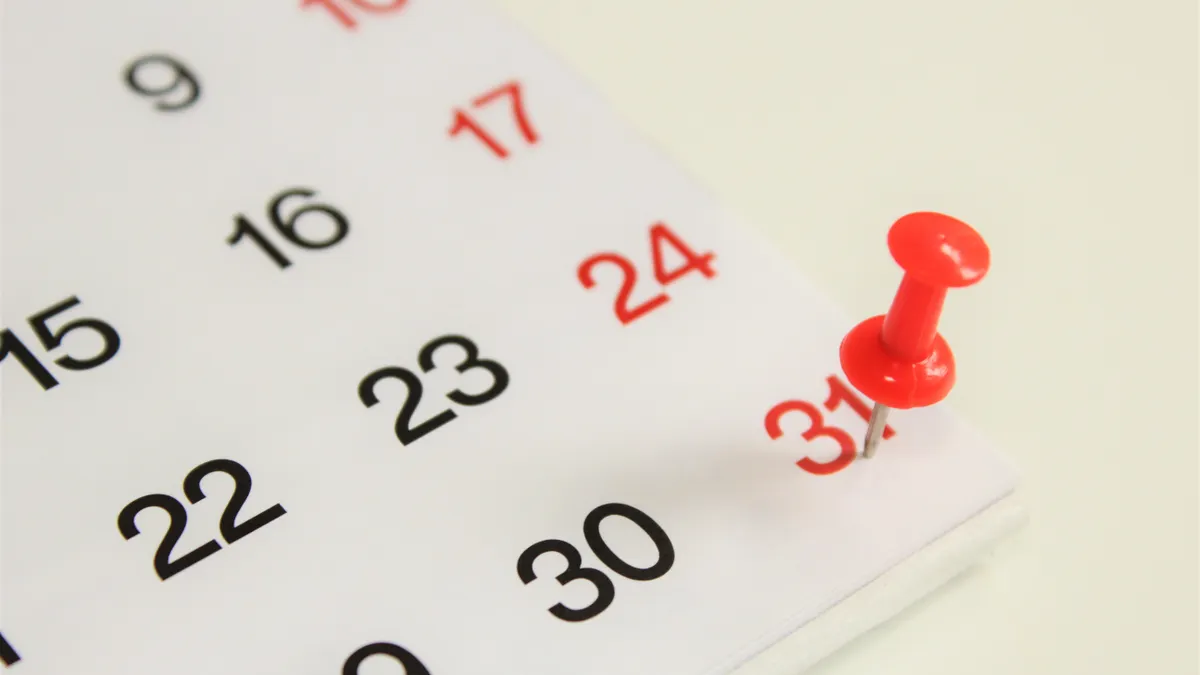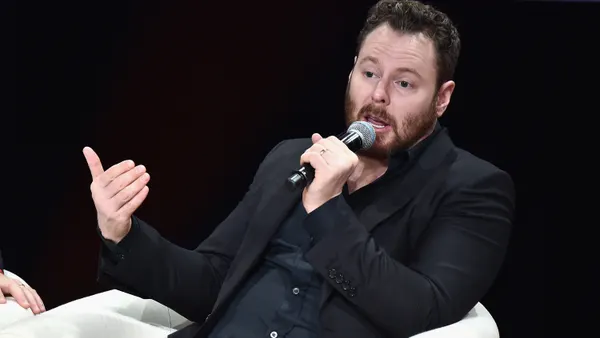Letter from the Editor The Art of Communicating The popular Verizon ad, “Can you hear me now?” sums up one of the major roadblocks in any business partnership or relationship: miscommunication. No matter the relationship — client/provider, team/team, or person/person — the inability to clearly communicate represents one of the biggest barriers to effective business outcomes. At the recent IIR Clinical Trials Congress (CTC) in February, during a roundtable discussion in which pharmaceutical and clinical service executives were discussing ways to get around clinical budget constraints, the conversation time and again returned to the need for good communications during the trial process. Likewise, this month’s Forum experts unanimously identified the need for good communications as one of the single most important components of building, maintaining, and sustaining ongoing partnerships. At the same time, these experts say lack of communication continues to be an ongoing stumbling block. This poses the question: Why is there such a disconnect? Communication is often hindered by the lack of common terminology, a fast-paced environment, different agendas, politics, and, at times, a lack of trust. The act of communicating is a complex procedure, given difficulties, as well as other hidden traps, and according to experts, it’s a miracle that communication happens at all. According to one communications guru, miscommunication is the norm. Most people think that they make themselves clear and are easy to understand; so if there’s a problem, it’s with the other guy, not them. How many times have you said, or heard others say, “What I meant was …” Or,”We are not on the same page …” Or, “I assumed you were talking about … ?” (And we all know what happens when one assumes.) It requires really hard work to make yourself clear and to get others to understand what you are saying. Communicating when it really matters — with business partners and colleagues, at meetings, during disagreements, at negotiations — requires skill, thoughtfulness, and an ability to take responsibility for others’ understanding, rather than leaving communication to chance. Communication skills constantly have to be developed and honed. They are the heart of interpersonal skills and the greater the awareness of how it all works, the more effective communications will be. According to the experts at ImpactFactory, a communication, presentation, and leadership skills training company, there are several core essentials for communicating that should be understood: communication is individual; how communication happens — verbal and nonverbal communication; what can get in the way of effective communication; and conflict resolution. These experts say to make communications work better, it’s important to take responsibility for every stage of the communication cycle: spoken, heard, understood, agreed to, acted on, and implemented. Everyone communicates differently and sees the world differently. The best way to improve your communication skills, instantly and significantly, is to understand the other person’s point view and how that person sees the world. When you can do this, you are well on the way to promoting better relationships. Clinical Trials Congress Carol Honabach, President and CEO of Veritas Clinical Specialties, Stuart Horowitz, Ph.D., Director of Miami Children’s Hospital Research Institute, and Anthony Cangialosi, Senior Manager at Johnson & Johnson PRD, identified good communication as an essential skill at a roundtable discussion at the recent CTC conference in Philadelphia. Taren Grom Editor
An article from


Letter from the Editor
Filed Under:
Research & Development








